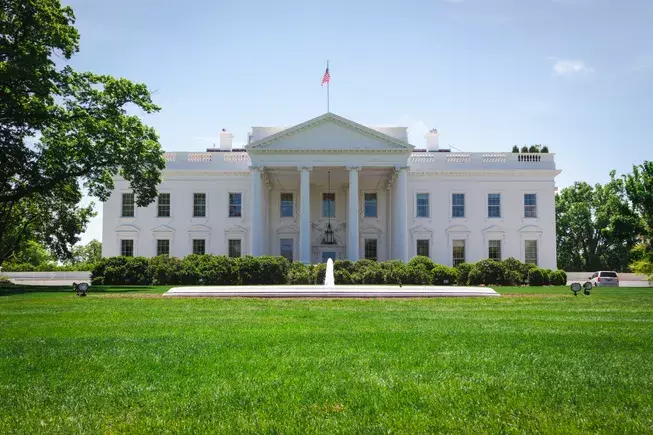In a striking turnaround, the U.S. government has taken a bold step to alleviate the pressure of escalating tariffs on Chinese imports, a move that offers a glimmer of hope for markets rattled by uncertainty. This pause in what had become a burgeoning trade war demonstrates a willingness on both sides to cool tensions, an essential gesture in fostering a more stable economic environment. The implication of this newfound cooperation goes beyond mere economics; it opens the door for discussions on pivotal issues like the future of TikTok, the widely popular social media platform that has generated significant geopolitical tension.
The need for diplomatic engagement cannot be overstated. Over the past few years, we have witnessed how trade wars can spiral into far-reaching repercussions, affecting not just government negotiations but also ordinary consumers and businesses. As the U.S. grapples with economic recovery, this tactical pause signifies an essential recalibration in international relations, driven by the urgency of mutual economic stability.
The TikTok Conundrum
The TikTok situation represents a vivid illustration of how technology and geopolitics intertwine. By mid-January, the Senate had set a stringent deadline for TikTok to divest its operations into U.S. hands or face an uncertain future. Such a condition not only underlined the digital paranoia surrounding Chinese ownership but also highlighted the diminishing trust in cross-border technology firms during an era defined by national security concerns.
The narrative took a twist with the inauguration of President Trump, who surprisingly introduced a temporary ceasefire for TikTok. This 75-day grace period was an indication that the administration was willing to consider the platform’s importance to American youth and its cultural impact. However, the situation grew more complicated as the looming shadow of tariffs emerged, leading to a standoff where both parties hesitated to make proactive moves. Such indecisiveness underscores a broader issue: while governments grapple with regulatory frameworks, cultural realities often get sidelined.
CARES and Future Partnerships
Furthermore, the anticipated marriage of TikTok with Oracle poses interesting challenges and opportunities. Many are keenly watching how regulations such as the “Protecting Americans from Foreign Adversary Controlled Applications Act” will play out in practice. Under the act, for example, foreign entities are forbidden from retaining significant control over the app. This legislation layers on additional complexity, potentially compromising ByteDance’s proprietary algorithms while dictating more stringent terms of ownership.
The prospect of a partnership with Oracle could solve some issues on the regulatory front, but it invites a deeper reflection on who controls the digital narrative in a geopolitical chess game. The strategic narrative unfolding is fascinating; it reflects a broader pattern where technological dominance is not merely a business operation but an extension of national power.
Resilience in Uncertain Times
In this turbulent period, TikTok’s creators represent a demographic navigating a storm of ambiguity. Many influencers and content creators have been left to ponder their future as policies shift like sand beneath their feet. With the announcement that tariff discussions have softened, there exists a flicker of optimism that a resolution on TikTok could miraculously align with these regulatory changes. Should a deal emerge, it will not only reshape the platform’s operational landscape but could also grant legitimacy and security to the countless creators reliant on TikTok for their livelihood.
It’s essential to recognize that this development is not merely about company ownership or compliance—it transcends into the fabric of digital culture and communication in the U.S. Should a favorable resolution come to pass, it symbolizes more than just the survival of one app; it embodies a triumph over the digital divides that have become increasingly polarizing.
In a rapidly changing world dominated by technology and commerce, the evolution of U.S.-China relations will serve as a bellwether for future international dealings. With diplomacy seemingly back on the table, it raises the question: will this new phase yield deeper, more meaningful connections, or will it merely mask underlying tensions awaiting eruption? Only time will reveal the necessary answers.

